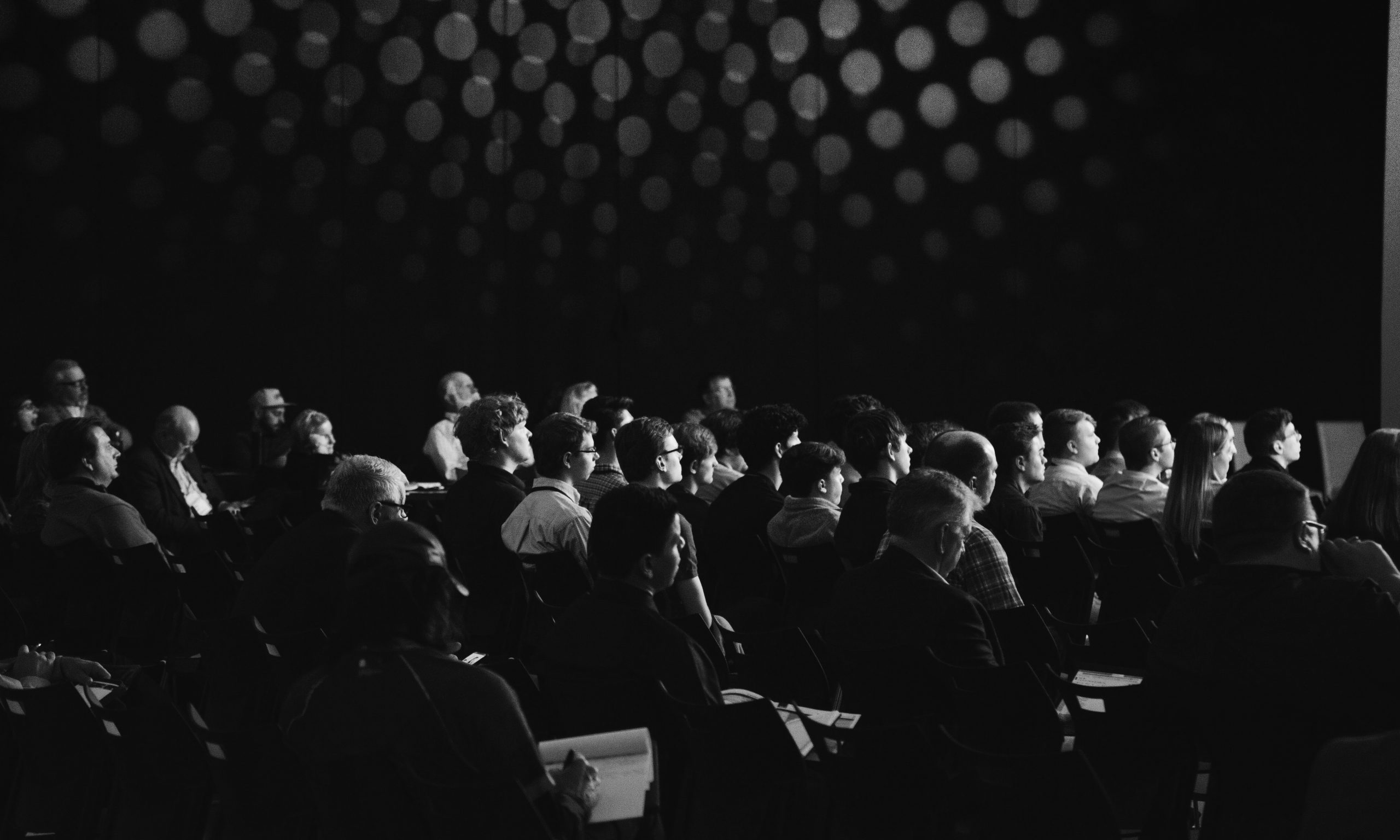Second session of the WIPO Conversation on IP & AI
Between 7 and 9 July the World Intellectual Property Organisation (WIPO) organised the second session of the Conversation on Intellectual Property and Artificial Intelligence. The first session was held last September. On its basis, WIPO published the Draft Issues Paper on Intellectual Property Policy and Artificial Intelligence on which the interested public then submitted comments. In May, WIPO issued the Revised Issues Paper on Intellectual Property Policy and Artificial Intelligence that has been the basis of the second meeting.
This 3-day event focused on different issues. The topic of the first day was IP protection for AI-generated and AI-assisted works and inventions and related topics. The second day analysed the questions of patentability, inventive step and disclosure. On the third day copyright exceptions, data rights and trade secrets were discussed. Each day, introductory presentations were followed by interventions of different stakeholders (from individuals, different organisations, such as Creative Commons and the international International Federation of Library Associations and Institutions (IFLA) to corporations, such as Google and IBM as well as representatives of member states, including the EU). The event was hosted by Mr. François Rivasseau, whereas Francis Gurry, the General Director of WIPO, have the introductory, final and summary speech. The video of the event is published here and the written interventions will bi available on WIPO’s website.
Dr. Maja Bogataj Jančič took part of the event as representative of Communia who fully supports the statement of Creative Commons given by Brigitte Vezina during the first and third day of the event.
The 4th Open Knowledge Day took place on Tuesday 17 October 2023, with an accompanying workshop on 18 October 2023. This year it was organised by the Open Data and Intellectual Property Institute (ODIPI) and supported by Knowledge Rights 21 (KR21).
We invite you to the fourth Open Knowledge Day and the workshop, which will take place this year within the framework of the programme and with the support of Knowledge Rights 21. The event will bring together experts from different European countries to discuss two topics: the first part will deal with the legal basis for data analytics, which is a key part of machine learning and related artificial intelligence, and the general exception for research. In the second part, open science in theory and practice will be presented both in Slovenia and in some Western Balkan countries. Representatives of research and educational institutions from Slovenia and the Western Balkan countries, as well as interested members of the public, are invited to attend.
Dr. Maja Bogataj Jančič, a renowned expert in copyright law, has joined the Berkman Klein Center for Internet & Society at Harvard University, where she will serve as an affiliate researcher for the next two years.
On Friday, October 6, 2023, the online seminar “Practical Experiences in Resolving Copyrights of Modern Book Works” took place. The seminar addressed relevant questions concerning user access to literary works in digital form.





